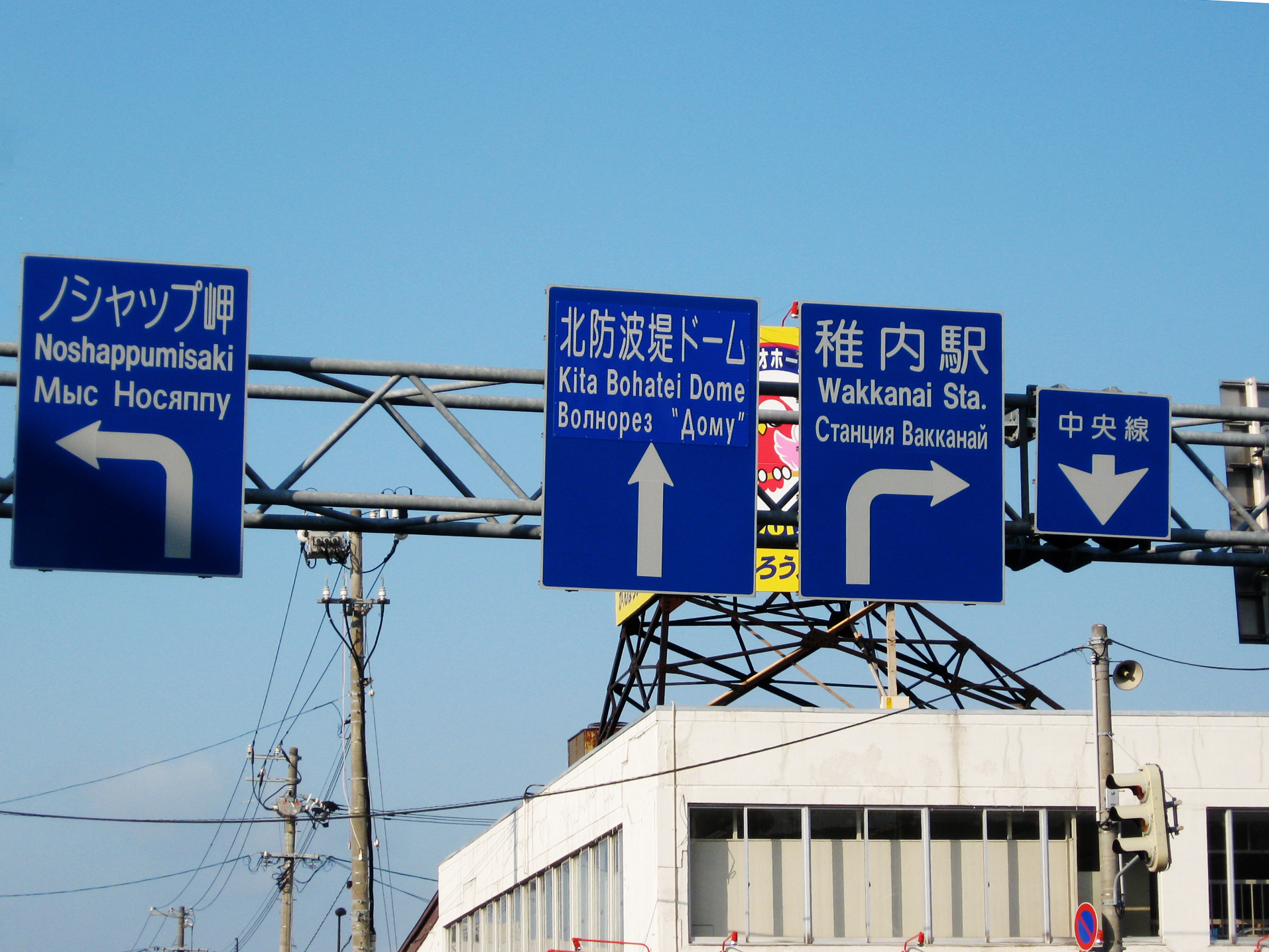Issue:
August 2022 | Letter from Hokkaido
Fish and fertilizer

The murder of former Prime Minister Shinzo Abe at a Nara train station (just five stops and 15 minutes from where I used to live) prompted much commentary abroad on Abe’s diplomacy. From the U.S. to Japan, members of Team Abe were, not surprisingly, quick to declare him one of the greatest statesmen in Japanese history.
But in Japan, opinions on Abe’s diplomatic prowess are more varied. Nowhere more so than in Hokkaido, where feelings remain strong about Abe’s failure to get Russian President Vladimir Putin to return the Northern Territories (or Southern Kuriles as they’re known in Russia). The fate of the four islands off Hokkaido’s east coast, which were seized by the Soviet Union in the last days of World War II, have prevented Japan and Russia from signing a peace treaty. Despite the decades of failed efforts on the part of his predecessors, Abe believed he was the man to strike a deal with Russia.
In fact, he did. In December 2018, Abe and Putin agreed to advance peace talks based on a 1956 treaty, under which Moscow would return only two of the four islands, a decision that, to former island residents in Hokkaido and elsewhere, felt like a betrayal. The Hokkaido media pilloried the decision, as did the locally powerful former islanders’ support groups.
The response from Hokkaido businesses was more complicated. Some hoped that Abe’s diplomatic efforts with Putin would lead to strengthened Hokkaido-Russia economic ties, not just in and around the four islands, but also on Sakhalin and in the Russian Far East. Energy, marine products and tourism were just a few of the areas of cooperation with Russia that Hokkaido hoped would grow rapidly once Abe and Putin inked a peace treaty deal and solved the Northern Territories issue.
Those dreams have been destroyed by the realities of 2022. Russia’s invasion of Ukraine, combined with Abe’s death, mean Moscow has no sympathetic ears in Tokyo right now. But in Hokkaido, where agreements between Japan and Russia over salmon fishing rights and kombu harvesting are of critical importance to local fishing unions and related businesses, the sanctions imposed on Russia by Prime Minister Fumio Kishida’s administration directly impact their livelihoods. Sanctions, and the disruption the Ukraine war has caused to the agricultural sector combined to cause real problems for Hokkaido’s economy in the run-up to the July 8 Upper House elections.
“Fish and fertilizer” might be one way to describe the Russia-related concerns that candidates in Hokkaido had to deal with in their campaign stump speeches. The cost of fertilizer, Hokkaido agricultural co-op officials said, had skyrocketed due to the Ukraine invasion, forcing them raise the price by 78.5% for a year from June 1. Because this year’s crops used fertilizer bought at the pre-war price, it will take a year for current hike to be fully felt, Hokkaido officials say. Shoppers all over Japan will have to pay a lot more for Hokkaido produce, such as sweetcorn and potatoes, after the 2023 harvest.
The Kishida government has responded with central government money to help offset fertilizer costs and prevent a spike in agricultural products nationwide. But it is likely that further measures will be needed, as the war in Ukraine drags on, with no guarantees that imported fertilizer prices will come down anytime soon.
The other Hokkaido campaign issue, mostly raised by ruling Liberal Democratic Party candidates, was the question of beefing up Hokkaido’s defenses in the wake of the Ukraine invasion.
At the moment, Japan’s defense posture is focused on the region to its southwest – namely Taiwan and China. But in Hokkaido, a growing number of people are trying to convince the government to look north and consider beefing up the Self-Defense Forces’ presence here to counter possible Russian aggression.
Currently, about 37,000 SDF personnel are stationed on Hokkaido at more than two dozen bases – down from 50,000 in 1979 and unchanged since 2009. The political conversation in the ruling party now revolves around whether to increase the number of personnel or the number and size of SDF bases, at the same time as it considers the larger question of increased defense spending, and whether that could lead to an arms race and increased friction with Russia. Hokkaido would be on the frontline of any confrontation, and Japan can ill afford tensions with Russia. The U.S., it is fair to say, would be particularly wary of any further deterioration in relations between Tokyo and Moscow.
Those attitudes are nothing new. Wariness of Russia has long been a feature of Hokkaido’s history. As early as the 1780s, the scholar Shihei Hayashi was warning the Edo government that it needed to improve its treatment of Hokkaido’s indigenous Ainu people amid rumors that they might consider Russian rule preferable to that of the shogunate. A century later, the Meiji government, fearing Hokkaido could be seized by Russia, prioritized the full assimilation of the Ainu into the Japanese state. Today, 150 years on, Hokkaido is unmistakably a part of Japan, but the island prefecture’s relationship with Russia is more complex than ever.
Eric Johnston is the Senior National Correspondent for The Japan Times. Views expressed within are his own and not necessarily

